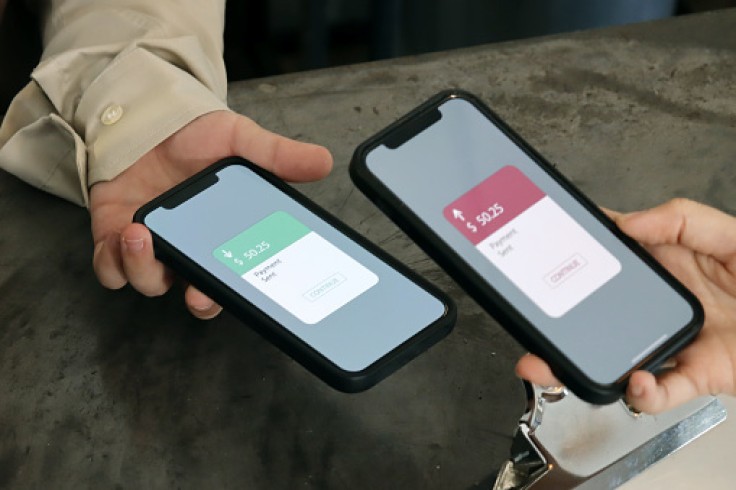We can no longer count with our fingers the number of electronic payment channels that are readily available to us. Some are limited to apps while others are directly connected to our bank accounts. While these are convenient, there are still disadvantages to them. Here are the pros and cons.

Pros:
1. They are convenient. To state the obvious, they are more convenient to use than paying using cash. You can use it wherever you are since you won't have to hand over the cash yourself. Some payment channels are even compatible with others, making it easier despite differences in preferred methods.
2. Payments are quicker. With apps and sites, you can pay people, vendors, and sites with just a few taps. With bank transfers after depositing cash, it might take a few business days before the money comes through. While this can still be true for other payment processes, most usually reflect as soon as you send them.
3. You'll have a record of every transaction. When you take into account every payment that you have made or received, then you'll surely appreciate the fact that wallet apps have records of all transactions, including important details like the time and date they arrived or were transferred.
4. You can use them for automated payments. It can be a headache to keep track of all the bills you have to pay on time and could be disastrous if you forget. Through electronic payment apps, you can arrange for scheduled transfers to certain accounts. Some services even bill you automatically like subscription services.
5. You won't lose your money easily. Unlike physical cash, you can't just lose or misplace your digital wallet along with its contents. Even if you lose the device your app is active on, every single one is password protected, most of which even have other security measures lie biometric logins and two-factor authentication.
Cons
1. You can't use them without internet access. Since wallet apps need the internet to connect to other users or accounts, you will need an internet connection, making them inconvenient when you're in a position where you don't have network access. Even with wallet apps, you should still have hard cash set aside in case of an emergency.
2. You could be subjected to fraud. Like every account that can be connected online, you are susceptible to hackers, especially if you don't know the right way to protect your account. You can easily avoid this by keeping your account details to yourself and avoiding suspicious links and files online. You should also be wary about the payments you make to shady vendors.
3. There might be some data privacy concerns. To create accounts from certain apps, you'll have to give information about yourself, mostly to verify that you're a real person, and also so your payments could be tied to you. It's not only on your end that you have to be careful. There are times when the company behind the app is the one to screw up by having weak cybersecurity measures.
4. It can get complicated. Not everyone is as tech-savvy, and while navigating through wallet apps is simple enough for some, it could be more complex for others. Without the proper knowledge, this could lead to mistakes.
5. It's dependent on technology. As helpful as electronics are in our lives now, particularly smartphones, they're not always reliable. Provided that you have one, it will still be useless if you're out of battery. It would also cause delays if certain systems are down, especially ones that require the transactions to reflect.









